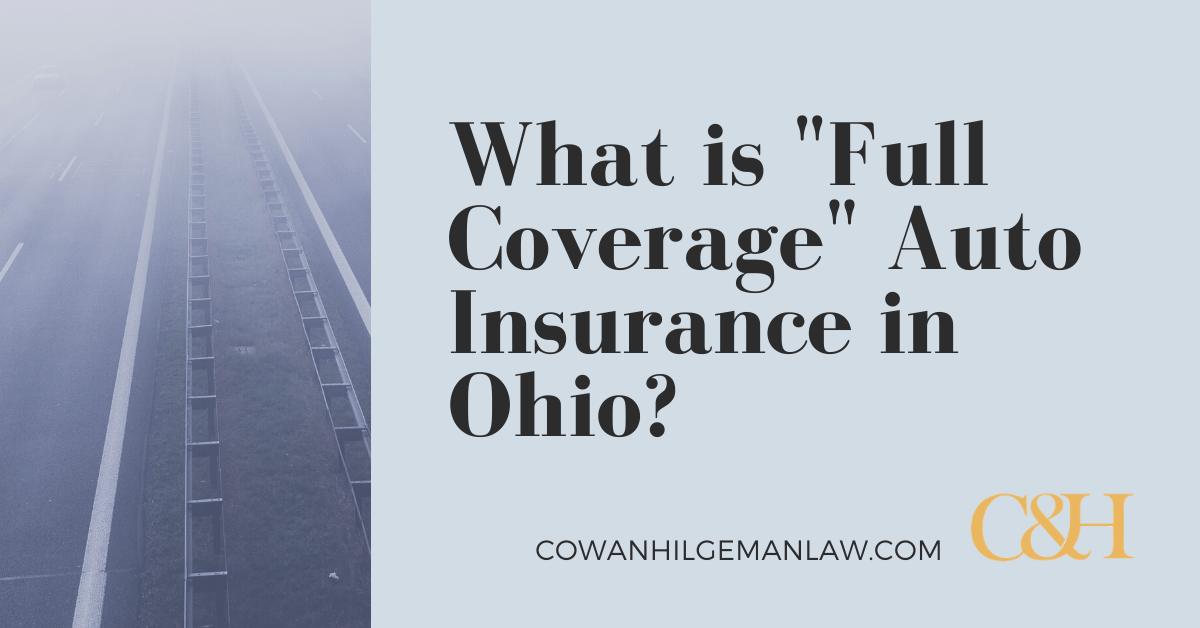Despite the popularity of the term, there is no actual policy called “full coverage auto insurance.” In other words, insurance providers do not offer an auto insurance policy that covers everything.
However, what is considered full coverage auto insurance by some is the combination of comprehensive insurance, collision insurance and liability insurance.
Here are the different types of coverage that make up a reliable “full coverage” policy:
Bodily Injury
Pays for injuries a driver causes to other people, including other drivers, passengers and pedestrians. The policy covers medical expenses and lost wages as well as legal and funeral expenses in some cases.
Property Damage
Part of a standard auto insurance policy that covers you, up to the policy limit, for losses that result when you damage or destroy someone else's personal property. This is required coverage in most states.
Comprehensive
Pays for damage caused by hazards other than collision, such as fire, theft, explosion, windstorm, hail, water or contact with an animal. Like Collision coverage, Comprehensive coverage includes a deductible, such as $250 or $500. You pay the deductible when you get the car repaired or replaced. For example, if the cost to replace your stolen car is $10,000 and you have a $500 deductible, your company will pay you $9,500.
Collision
Pays for damage to your car caused by an impact with another vehicle or object or a rollover. Collision coverage includes a deductible, such $250 or $500. You are responsible for paying the deductible when you get the damage repaired. For example, if the damage was $1,500 and you have a $250 deductible, your company pays $1,250 toward the repair costs.
Uninsured/Underinsured Motorist
Part of a standard auto insurance policy that provides coverage for injuries you and others suffer when you're involved in an accident with an uninsured driver, or a driver without adequate insurance. Uninsured/underinsured motorist coverage is not a required coverage in every state, but it is highly recommended.
Rental Reimbursement
Pays for the cost of a rental car while yours is being fixed.
Towing
Covers the cost of removing your car from the scene of an accident or breakdown, to the place of your choosing.

